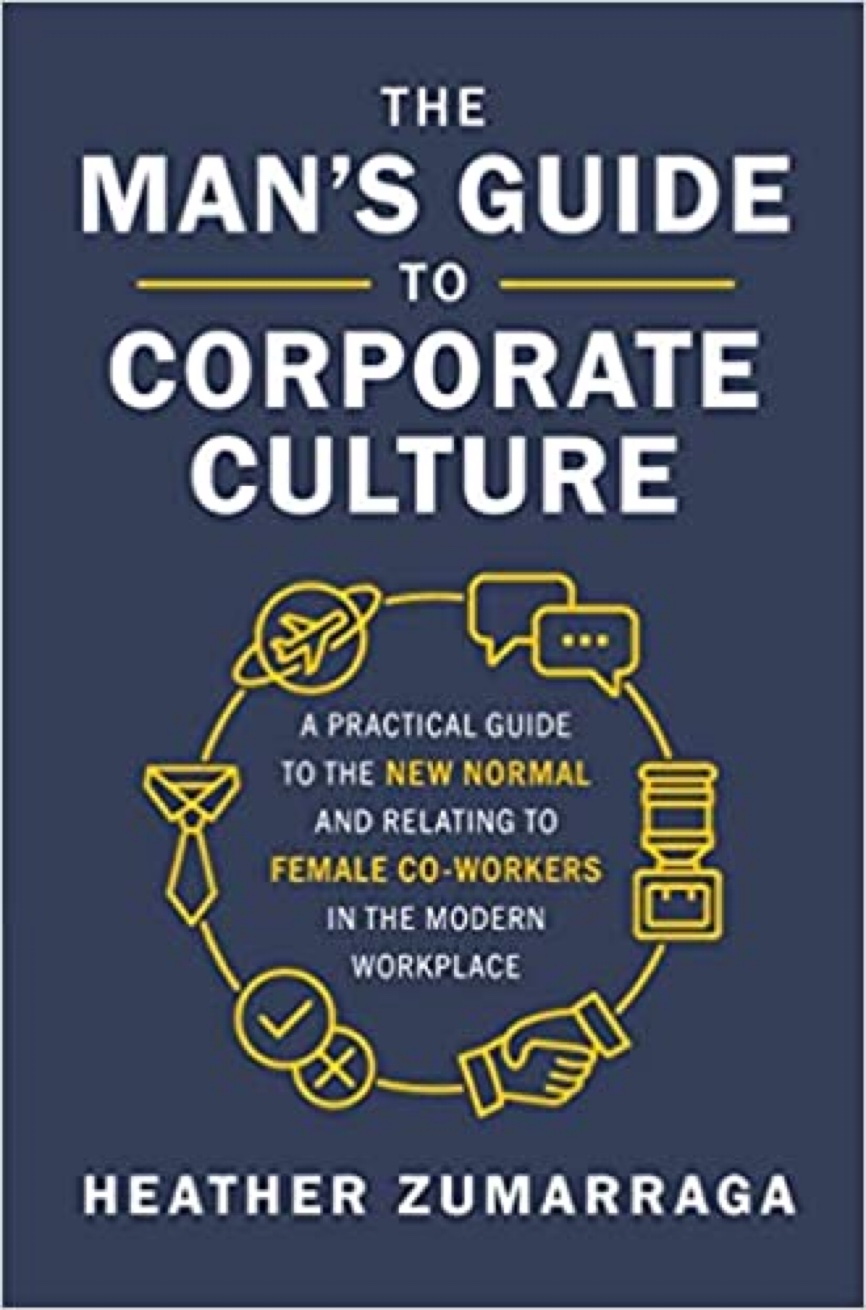Free Resources for Busy Parents and Educators Who Don’t Have as Much Time to Read and Surf as I Do

My Post-Pandemic Teaching and Learning Observations – This is my latest piece of original work posted by the good people at X10 Publications. @10publications

Recent Book Summaries & My Podcast
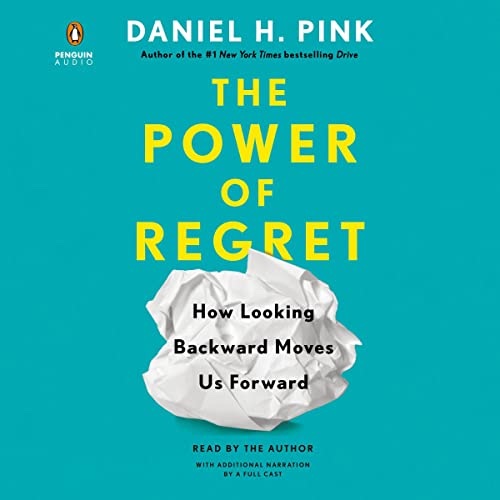
The Power of Regret: How Looking Backward Moves Us Forward by Daniel Pink
Limitless Mind: Learn, Lead, and Live Without Barriers by Jo Boaler
180 Moving Forward past the Pandemic with Dr. Doug Green – On October 4, 2021, I was Kim Mattina’s guest on her weekly show. Please join us for a discussion on what we can gain from our pandemic experiences as educators.
The Future of Smart: How Our Education System Needs to Change to Help All Young People Thrive by Ulcca Joshi Hansen
Noise: A Flaw In Human Judgement by Daniel Kahneman, Oliver Sibony, & Cass Sunstein
Unwinding Anxiety: New Science Shows How to Break the Cycles of Worry and Fear to Heal Your Mind by Judson Brewer
Where Good Ideas Come From: The Natural History of Innovation by Steven Johnson

Listen to Dr. Doug on the “Cup of Joe” podcast. I recorded it last week. On it, I talk about the many good things I have seen in schools doing hybrid teaching. @PodcastCupOfJoe @DrDougGreen @BrainAwakes
Grasp: The Science of Transforming How We Learn by Sanjay Sarma with Luke Yoquinto
Back to School COVID Myths – It’s popular to say that hybrid learning is negatively impacting poor students who generally attend schools with lots of discipline issues. Is it possible that some poor kids who make a serious effort to learn aren’t the big winners? There may be stresses at home, but not many bullies. @DrDougGreen @mssackstein
This is my podcast on the Jabbedu Network. Please consider listening and buying my book Teaching Isn’t Rocket Science, It’s Way More Complex. Here’s a free executive summary. @jabbedu @DrDougGreen
Boys and Sex: Young Men on Hookups, Love, Porn, Consent, and Navigating the New Masculinity by Peggy Orenstein
Emotional Intelligence 2.0 by Travis Bradberry & Jean Greaves (the book can be found here)
Be sure to try the bottom right translate button for your favorite language or one you are trying to learn. If you don’t see it check your adblocking software.






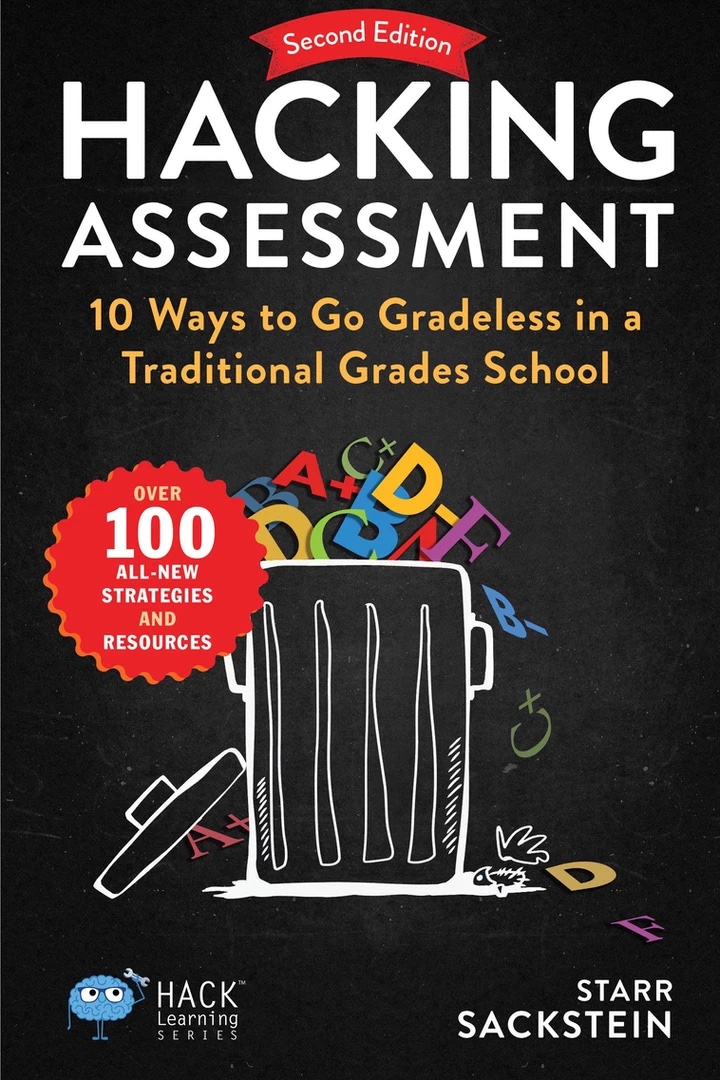


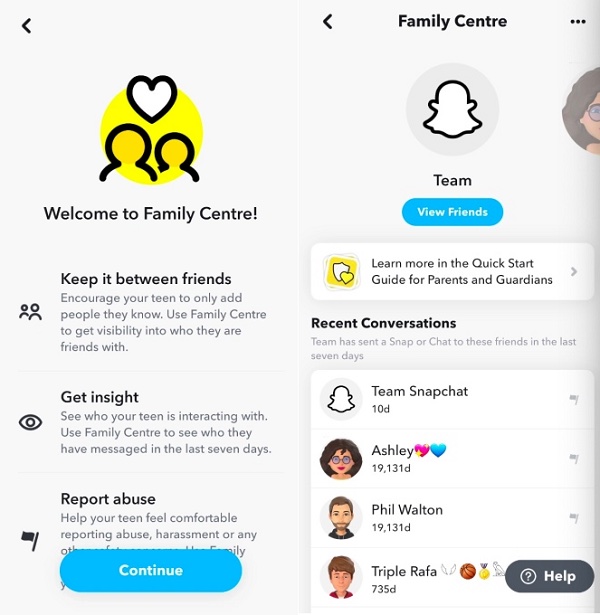

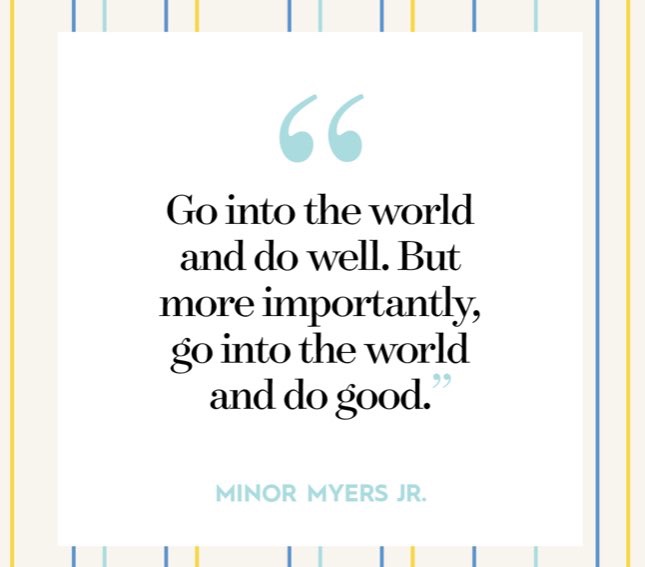 @t_sperle
@t_sperle

